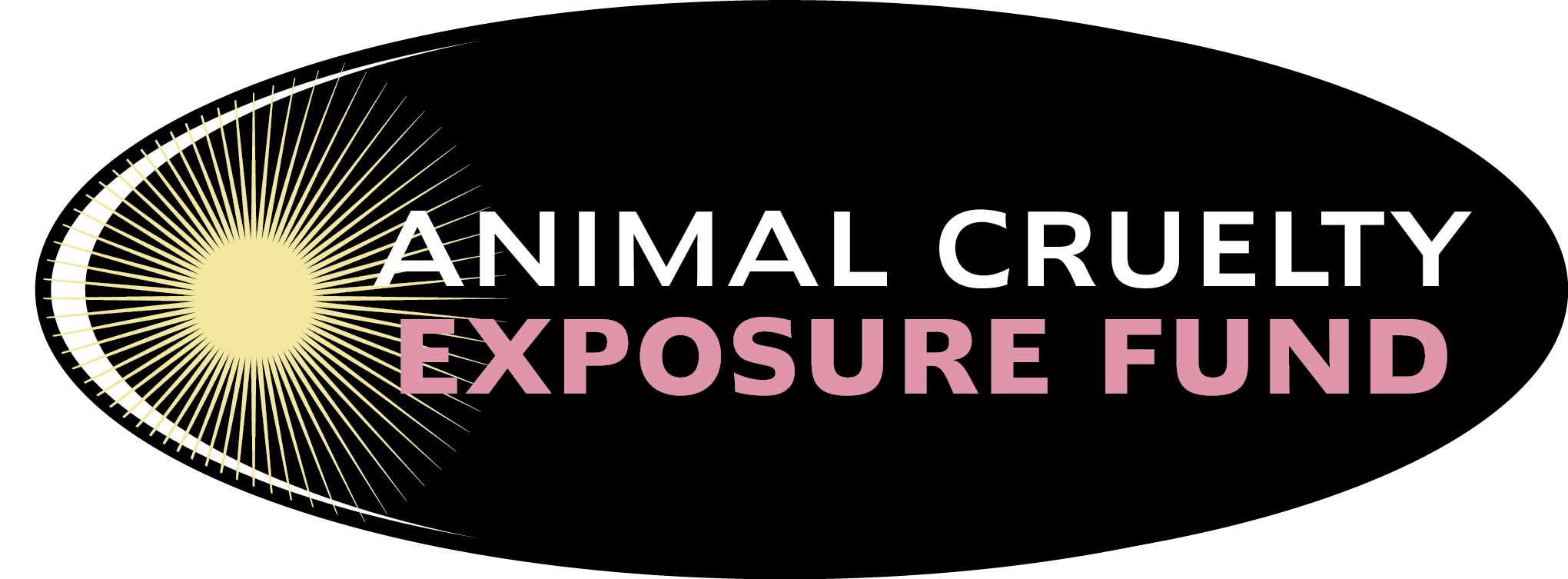Cholesterol
With cholesterol consumption, the numbers don’t lie. While beef tallow and pork fat have astronomical saturated fat levels of 50% and 39%, respectively, corn, canola, and other plant-based oils offer up a fraction of the artery-clogging fat, barely over 10%. Even better, vegetable oils are cholesterol-free. More on that later.
Numbers like these are important because cholesterol, to be blunt, is a killer. Every day, nearly 2,600 Americans die of some type of cardiovascular disease, an average of one death every 34 seconds, and 7.1 million Americans have had a heart attack during their lifetimes.
These facts are upsetting, but the good news is that eating habits, exercise, and other lifestyle factors have a direct impact on heart health. Stick to a healthy lifestyle and heart disease can usually be prevented and sometimes reversed.
One of the best ways to a healthy heart is choosing a vegan or plant-based diet, one naturally low in cholesterol.
While we all know that high levels of it aren’t good for us, what exactly is “cholesterol” and how do we cut it from our diets and (hopefully) our bloodstreams without resorting to statins or other drugs? Webster defines it as “a steroid alcohol that is present in animal cells and body fluids that functions as a precursor molecule in various metabolic pathways,” adding, significantly, that it “may cause atherosclerosis.”
Our livers manufacture cholesterol, which is then used to make hormones and cell membranes. Cholesterol levels are measured in milligrams (mg) of cholesterol per deciliter (dl) of blood serum.
One common misconception—though it’s found in animal products, cholesterol is not exactly the same as fat, which can be found in both animal and plant-based foods. Another significant point to consider: Unlike many carnivorous animals, human bodies make cholesterol, all the cholesterol our bodies need. So we’re not designed to effectively process large quantities of the stuff, which is found in all foods that come from animals, including red meat, poultry, fish, eggs, milk, cheese, yogurt, and every other meat and dairy product.
So we need cholesterol, but not nearly as much as we, as a culture, are consuming. Statistics bear this out. Over 107 million Americans have cholesterol levels over 200, with the average level of coronary artery disease victims being 225. The federal government’s recommended maximum cholesterol level is 200, but experts agree that a number closer to 150 (or lower) is optimal.
And cutting cholesterol isn’t as simple as opting for leaner cuts of meat; opting for chicken over steak usually isn’t enough to get our cholesterol to an optimum level. In fact, chicken contains as much cholesterol as beef (about 100 milligrams per serving) while the numbers for shellfish are off the charts.
The best option for dropping our cholesterol levels – and keeping them low – is by adopting a vegan diet and overall healthy lifestyle.
The good news is that plant-based foods like vegetables, fruits, beans and whole grains don’t contain cholesterol. So while making the switch can be a challenge, for heart health, it’s a no-brainer.
